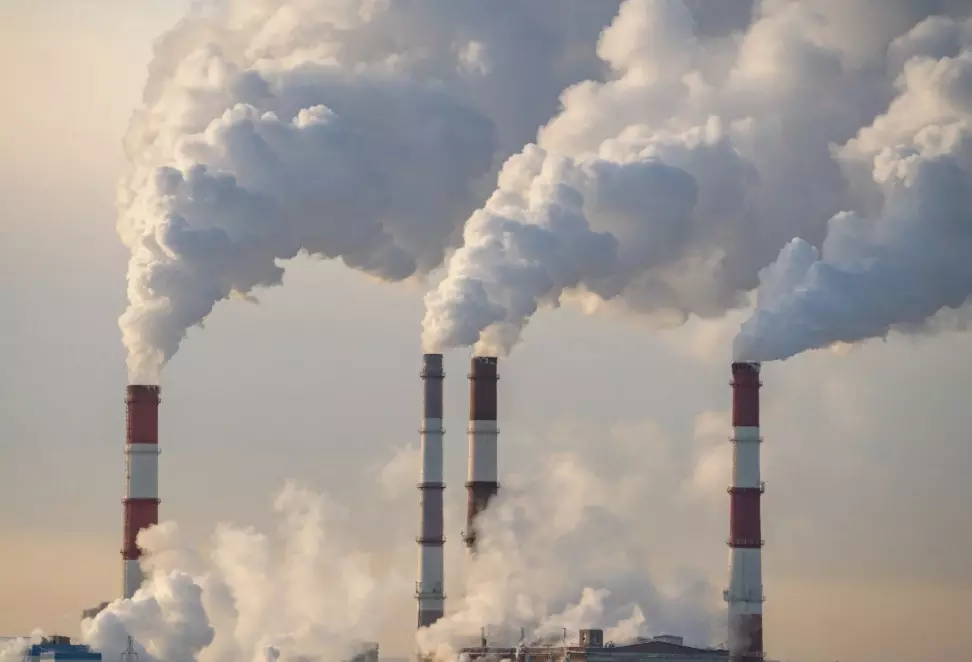Why cities fail air quality standards? Pollution linked to cancer, heart disease, and Alzheimer’s
Why cities fail air quality standards? Pollution linked to cancer, heart disease, and Alzheimer’s

A shocking new report has revealed that only 17% of cities worldwide meet the air pollution guidelines necessary for a healthy life. This means billions of people are breathing toxic air every day. The study, conducted by Switzerland-based air quality database IQAir, analyzed data from 40,000 monitoring stations across 138 countries—and the findings are alarming.
The World’s Most Polluted Cities
The report identified Chad, Congo, Bangladesh, Pakistan, and India as the countries with the worst air pollution levels. India, in particular, stood out, with six of the world’s nine most polluted cities. Topping the list as the most polluted city in the world is Byrnihat, an industrial town in northeastern India.
The True Scale of the Crisis
The situation may be even worse than reported, as many regions lack proper air monitoring stations. For example, Africa has only one air quality monitor for every 3.7 million people, meaning millions could be exposed to hazardous air without any official data to confirm it.
Health Risks and Climate Impact
Air pollution is a major global health crisis. Long-term exposure has been linked to respiratory diseases, heart problems, cancer, and even Alzheimer’s. According to the World Health Organization (WHO), air pollution causes around seven million deaths every year. Nearly 99% of the world’s population is breathing air that exceeds WHO’s safety limits, with low- and middle-income countries suffering the most.
But air pollution isn’t just a health issue—it’s also a climate crisis. The burning of fossil fuels, a major cause of air pollution, releases greenhouse gases that drive global warming. This means tackling pollution can have a double benefit: improving human health and fighting climate change.
Experts are calling for urgent action to reduce pollution through stricter environmental policies and cleaner energy sources. Without immediate steps, millions will continue to suffer the deadly consequences of polluted air.

